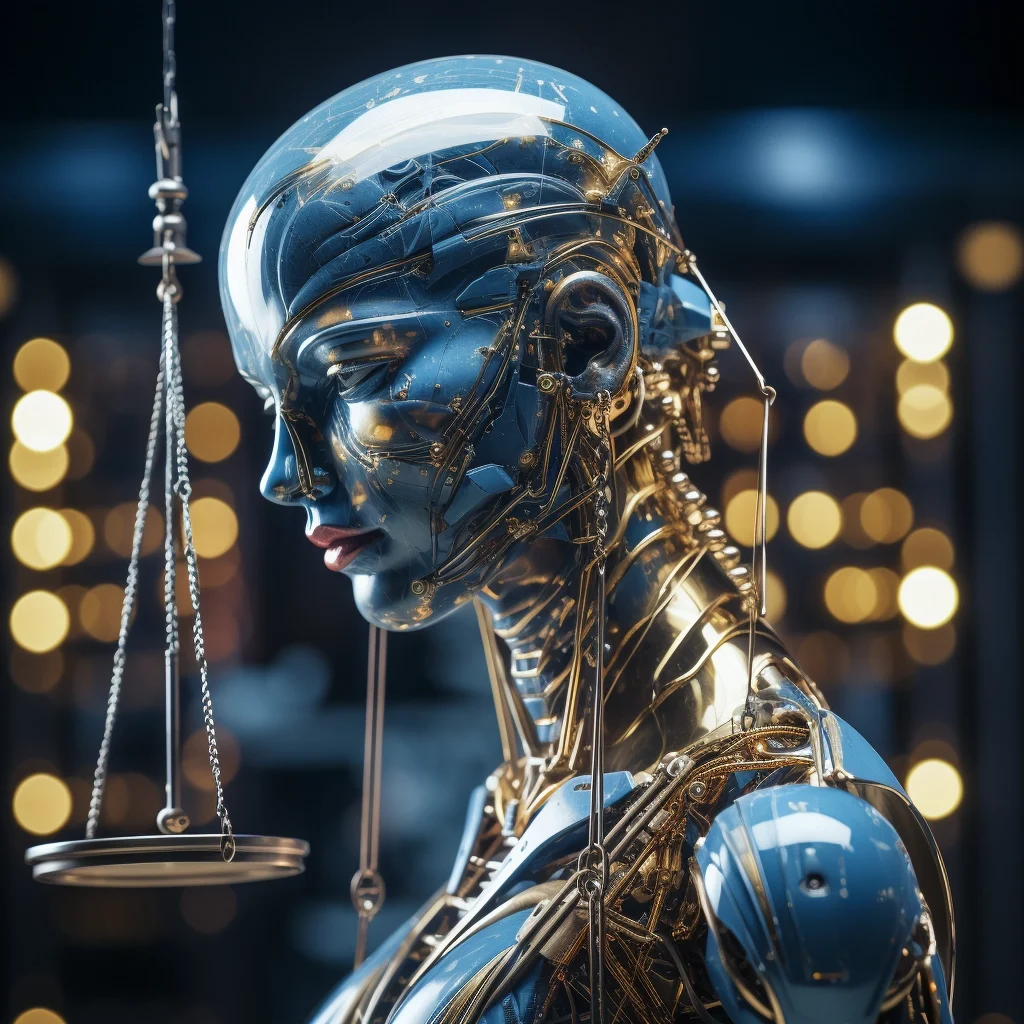In the wake of the AI revolution, the landscape of education and employment is undergoing a profound transformation. The exponential growth of Artificial Intelligence (AI) is reshaping industries and job markets, creating both challenges and opportunities. Amidst this AI-driven reskilling imperative, stakeholders must collaborate to navigate the evolving landscape of learning and work.
AI-driven reskilling – Collaborative solutions for education and employment transformation
In addressing the imperative of AI-driven reskilling, a shared responsibility model emerges as paramount. Businesses, individuals, and governments each have crucial roles to play. Companies are urged to invest in upskilling and reskilling programs, leveraging internal training initiatives and partnerships with educational institutions. Concurrently, individuals must embrace lifelong learning, leveraging online resources and self-directed learning habits. Governments, in turn, can facilitate reskilling initiatives through funding, promoting lifelong learning programs, and fostering public-private partnerships.
The evolving demands of the AI age necessitate a fundamental rethinking of education. Rather than solely focusing on job-specific training, education must equip students with adaptable skills. This shift emphasizes “how to learn” over “what to learn,” promoting critical thinking, problem-solving, and creativity. Also, integrating life skills such as financial literacy and entrepreneurship into curricula prepares individuals for multifaceted challenges beyond the workplace.
Reskilling initiatives must extend beyond individual skill development to address broader societal challenges. Demographic shifts, including an aging workforce and marginalized communities, require tailored reskilling programs. Also, addressing the rising cost of education and exploring alternative learning methods like online platforms can enhance accessibility. Also, incorporating elements of play and collaboration fosters engagement and teamwork, essential for tackling global issues.
Learning beyond boundaries – Empowering education in the AI era
Education in the AI age must transcend mere job training, emphasizing broader societal contributions and fostering a love for learning. Beyond preparing individuals for the workforce, education should empower them to address pressing global challenges like climate change and inequality. Cultivating curiosity and critical thinking nurtures a lifelong learning ethos, essential for navigating an ever-changing world.
Amidst the AI-driven reskilling discourse, ethical considerations loom large. Issues such as data privacy, algorithmic bias, and job displacement demand thoughtful solutions. Striking a balance between technological advancement and ethical responsibility is imperative to ensure an inclusive and equitable AI future.
The learning renaissance
As we stand on the cusp of a new era in education and employment, collaboration emerges as the linchpin for success. By embracing a learning renaissance, stakeholders can bridge the reskilling gap, foster equitable access to education, and adapt educational models for the AI age. Beyond technical expertise, this renaissance cultivates a culture of lifelong learning, collaboration, and shared vision—a prerequisite for thriving in the AI-driven future. Amidst these transformative endeavors, a critical question arises: How can stakeholders best balance the rapid pace of technological advancement with ethical considerations in AI-driven reskilling efforts?





